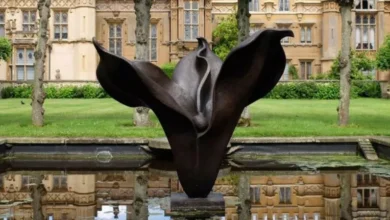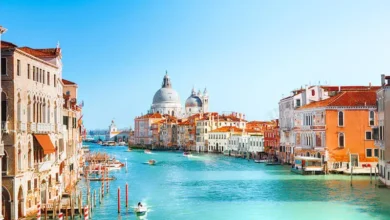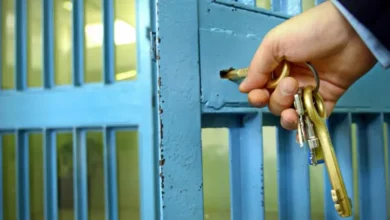Banksy’s real name possibly revealed in old interview
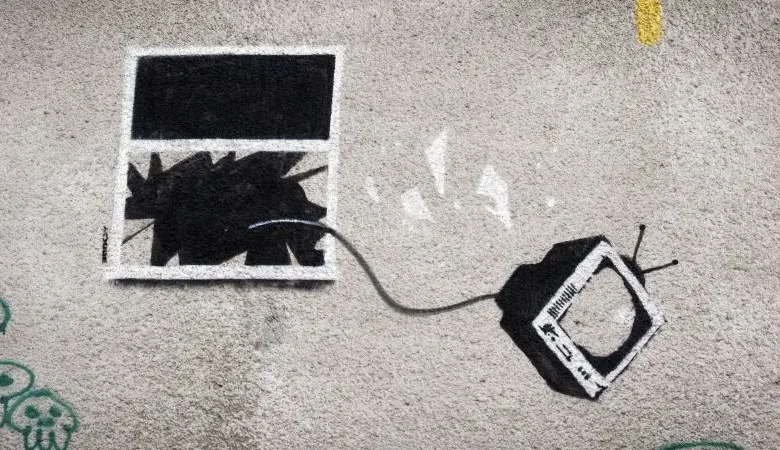
Banksy’s anonymity has always been central to the enigmatic street artist, but a recently resurfaced interview may have inadvertently revealed his true identity. The interview, originally recorded in 2003, was released as a bonus episode of the BBC podcast series “The Banksy Story.”
During the interview, former BBC arts correspondent Nigel Wrench asked Banksy if his name was “Robert Banks,” as previously reported by The Independent newspaper. Banksy responded with a surprising answer: “It’s Robbie.”
The interview was shared with podcast host James Peak, a self-professed “super fan” of Banksy, who had been captivated by the artist’s rise. Peak had previously heard an unverified recording of Banksy’s voice from a 2005 interview with US National Public Radio, which heightened his curiosity about the anonymous artist’s true identity.

However, as is often the case with Banksy, things may not be as straightforward as they seem. Known for his satirical humor, subversive methods, and anti-authority themes, Banksy is renowned for his ability to maintain mystery and play with perceptions. Peak posed the question: Could “Robbie Banks” be a clever pun rather than an actual name?
Banksy’s distinctive graffiti art has gained international attention, appearing on walls in various locations worldwide. His work has addressed political issues, such as the destruction of bombed buildings in Ukraine, supporting protesters in England, and shedding light on Europe’s migrant crisis in Paris.
His 2003 show, which opened shortly before the interview with Wrench, featured graffitied police vans, an image of Winston Churchill with a grass mohican, and farm animals painted with the Metropolitan Police’s blue-checked patterns.
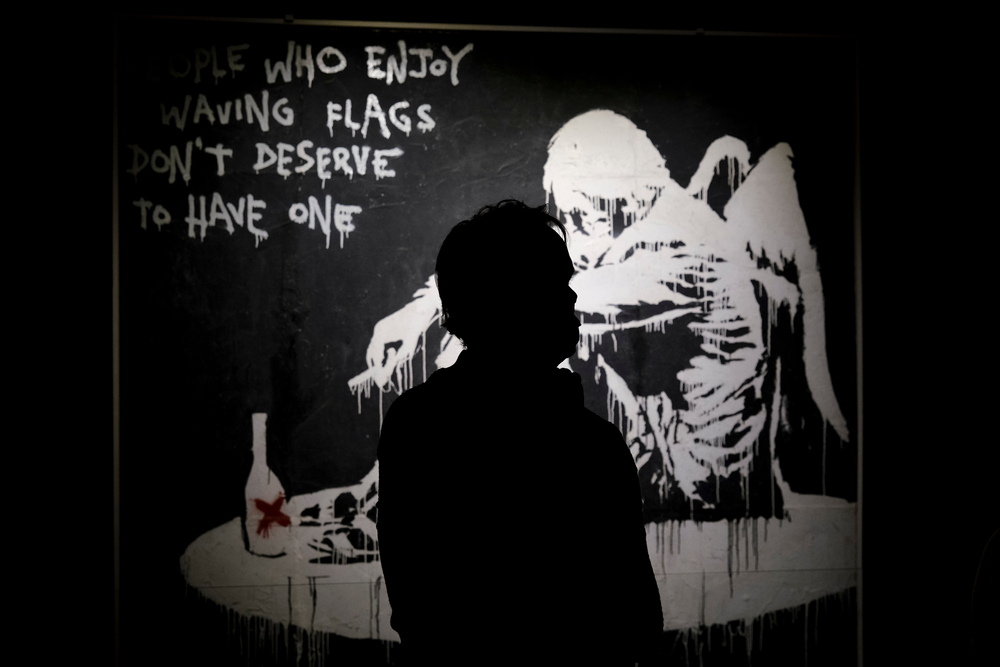
Banksy discussed political themes in his work, reflecting on his early ideas and the use of graffiti as art. Despite the high prices his art fetches, Banksy questions the purity of his intentions amid commercial success.
He sees the injustices in the world and the exploitation behind everyday items like shoes and coffee, although he doesn’t consider himself highly political.
Banksy’s art aims to have a quick impact and provoke thought. He wants his work to convey a message in less time than it takes to create it. His exhibitions explore injustice and challenge authority.
James Peak’s admiration for Banksy grew after listening to the interview and discovering the artist’s progressive and compassionate sentiments. Banksy’s art continues to captivate and inspire viewers to think critically about societal issues.



